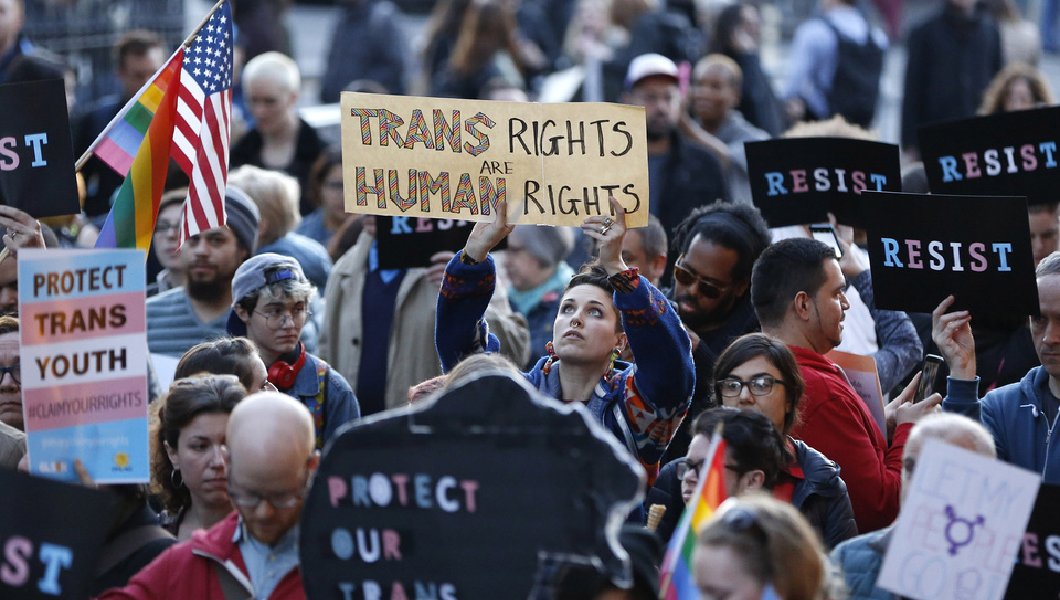Let me say this in a generous way: I am a relatively anxious person. As much as I try, I am deeply affected by the events of our world and my life. In the weeks after the 2016 Presidential election and Inauguration, I noticed that, just watching the news, brought about a deep sense of uncertainty and anxiety. When anticipating four years of this darkness, I decided to begin a new spiritual practice; when I am tempted to jump into the deep end of judgement and annoyance about something, I aim to begin with compassion. I first send a giant dose of compassion and empathy toward the person or situation that is causing me pain or frustration. I take a deep breath and imagine a warm, bright light that I direct into the heart of the source of what is causing me stress.
Although I consider myself a forgiving and compassionate person, this zen-like behavior has not always been my Modus Operandi. It is often easier for me to lean into my feelings of annoyance and let them stew, instead of working through them and letting them go.
No one is more surprised than me that this experiment is working–better than I expected or could have imagined. When I can make it work, I am finding that I am less burdened by negative feelings and more willing to forgive and forget, or simply to move on. I feel lighter, less anxious with an overall better outlook on life.
This has also been my spiritual practice when it comes to dealing with the current Presidential Administration. When I am tempted to judge and lash out, I have tried to send the President and his advisors the benefit of the doubt; to create the space to consider that there may be a point of view I haven’t considered, or, heaven forbid, something I don’t know.
While my practice is new, this attitude was ingrained in me from a young age. As a military brat, I was raised with a deep respect for elected officials in the government and for those who dedicate their lives to public service. My father, a career Army officer, instilled in me the subtle difference between respecting a leader and agreeing with them.
This lesson was reinforced in practice. When I was 12, my family and I lived in a small town in Arizona where my father was stationed. One day he told me that a Supreme Court Justice was coming to speak at his base and that he would have the honor of driving him from the hotel to the base. My dad invited me to join him for the car ride, reminding me that this might be a once-in-a-lifetime experience. When we got to the hotel, my dad opened the passenger car door and let Justice Anton Scalia get into the front seat.
At that age, I didn’t know enough about Justice Scalia’s positions, but my father never let on that he generally did not agree with them. My father called him “Justice” and he called my father “Lieutenant Colonel.” Political affiliations did not divide them, instead they shook hands and looked each other in the eye. There was a sense of deep pride: for country, for service, and for history. When Justice Scalia died in February 2016, many in my circle seemed to almost celebrate, imaging that then-President Barack Obama would be able to nominate a liberal judge before he stepped down. Though I do not judge my Facebook friends (in fact I agreed with their ultimate position) I preferred to remember him with the respect my father modeled for me.
On Wednesday, President Trump announced, via Twitter, that “After consultation with my Generals and military experts, please be advised that the United States Government will not accept or allow……….Transgender individuals to serve in any capacity in the U.S. Military. Our military must be focused on decisive and overwhelming………victory and cannot be burdened with the tremendous medical costs and disruption that transgender in the military would entail. Thank you”
I tried to take a breath. But instead my eyes produced hot tears. I channeled my anger into my thumbs, reading everything I could, commenting on a trans colleague’s post, texting a friend to share my outrage. I am trying to understand what makes people speak words of hatred and bigotry and ignorance. I am trying here. But I do not understand. It does not make sense to me–from a policy standpoint, nor a political position. Even more so, the casual and dismissive way in which he shared his administration’s decision.
Are there limits to my compassion? Is there a place where I can abandon my honest belief in respect? Do individuals who do not respect others deserve respect? Can I believe the Office while not believing in the person who holds that position? I don’t want to abandon my highest spiritual ideals. I want to believe that empathy and compassion and understanding can win out. I don’t want to let myself be guided by the ebb and flow of reaction. I would rather see the cup as perpetually half-full, with redemption always possible. I haven’t crossed the line completely into cynicism and mistrust and pessimism. But I’m getting close.

Karen Perolman is the associate rabbi at Congregation B’nai Jeshurun in Short Hills, NJ. Ordained in 2010 by the Hebrew Union College-Jewish Institute of Religion, Karen credits her involvement with NFTY, URJ Camp Harlam, and the Maryland Hillel community with her desire to pursue the rabbinate, including a pivotal summer traveling with the NFTY in Israel program. Karen is a voracious reader which fuels her passion to understand the intersections between food, politics, Judaism, feminism and social justice. She can be found on twitter @rabbikrp.

